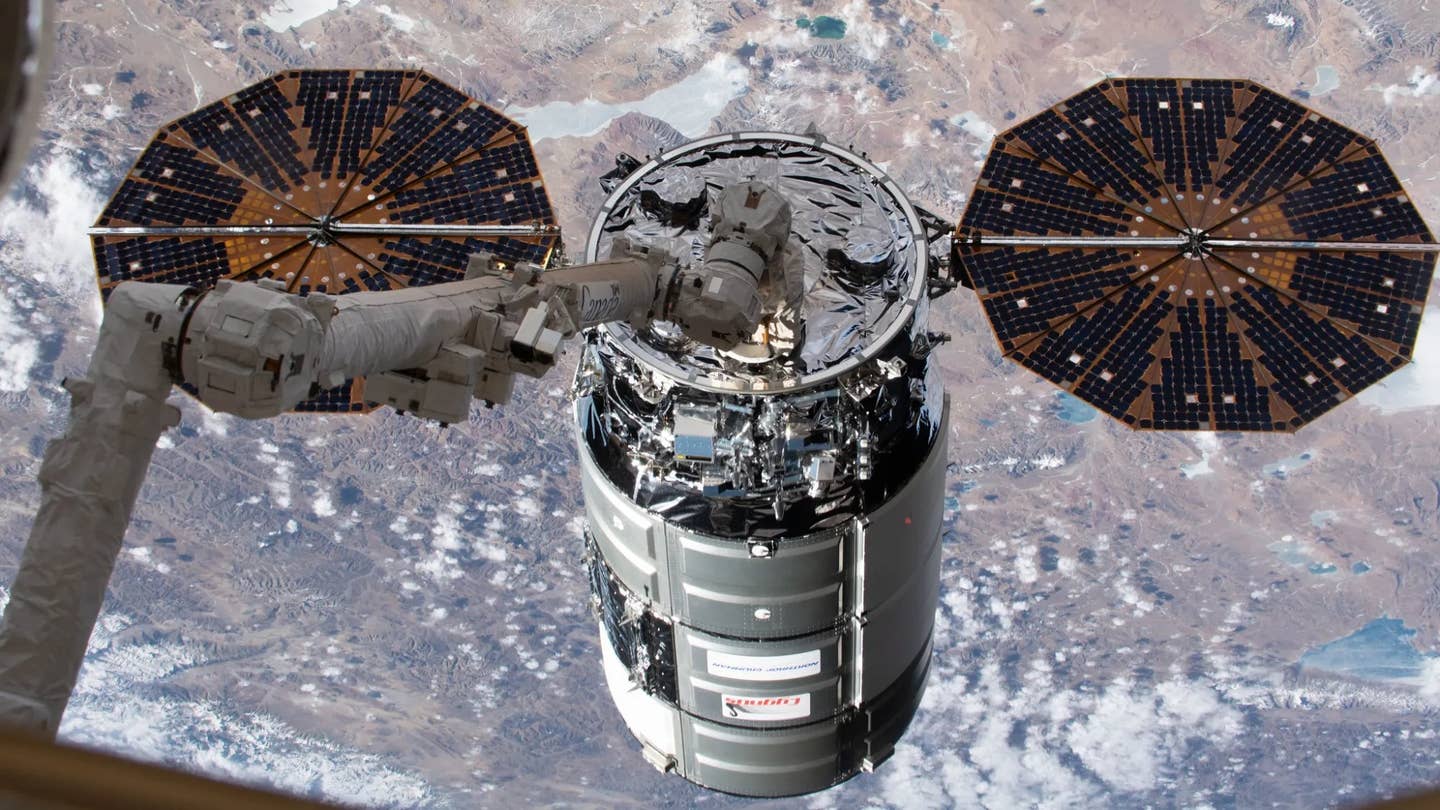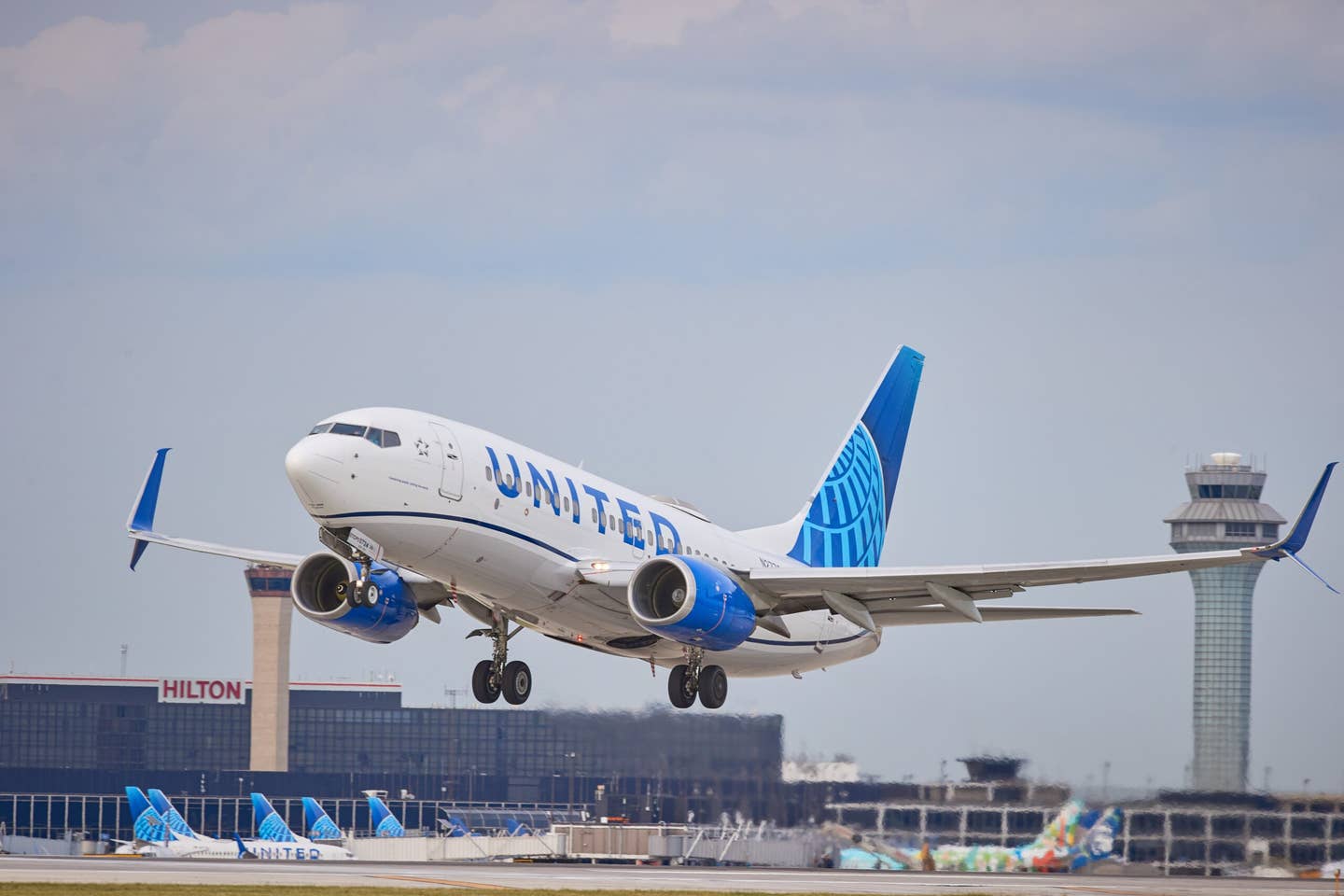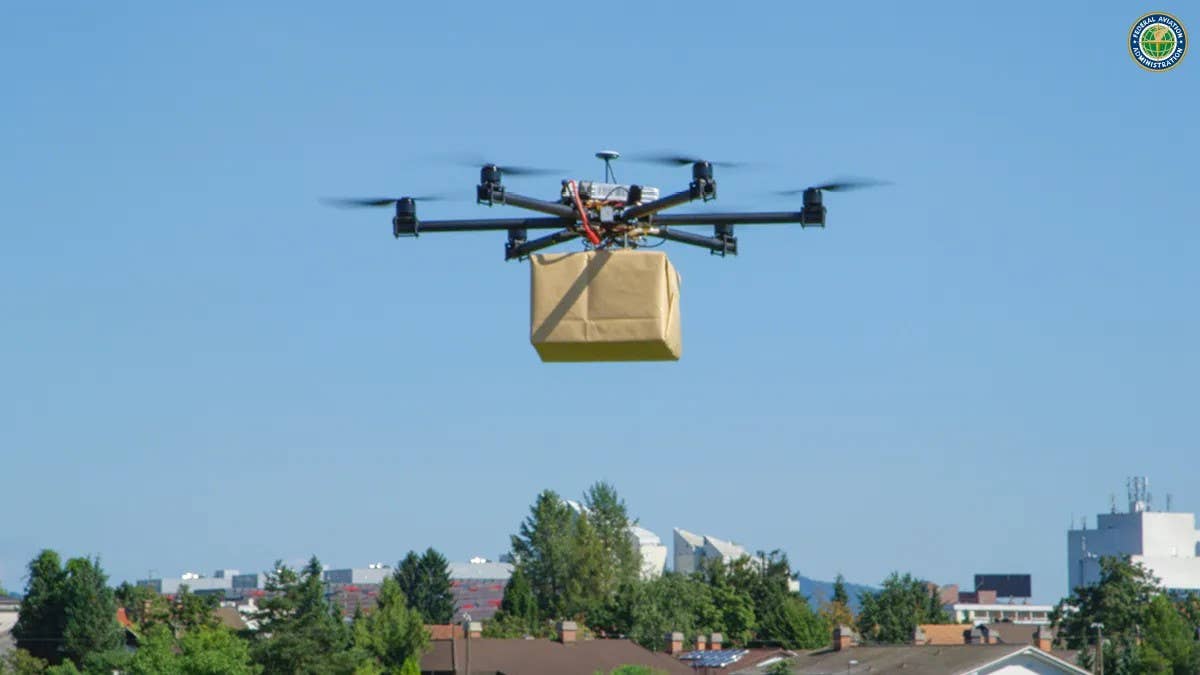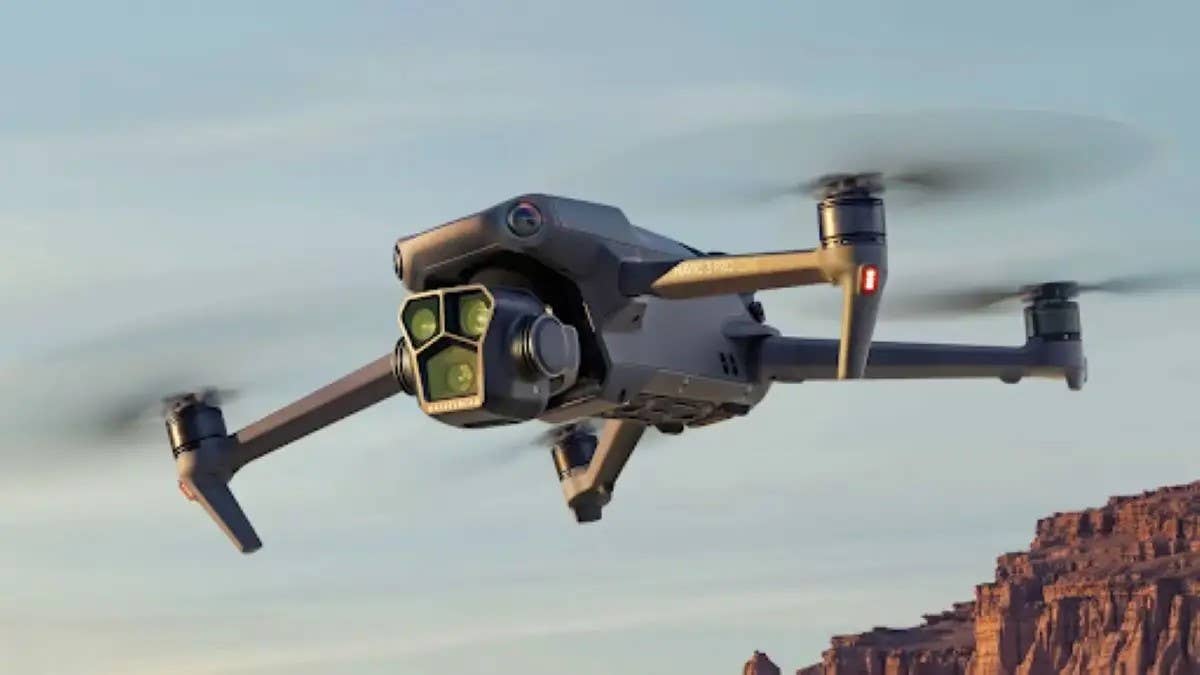Florida Lawmakers Add to Growing List of DJI Drone Restrictions
A new Florida rule prohibits local government and law enforcement agencies from using Chinese-made drones, including those from global leader DJI.
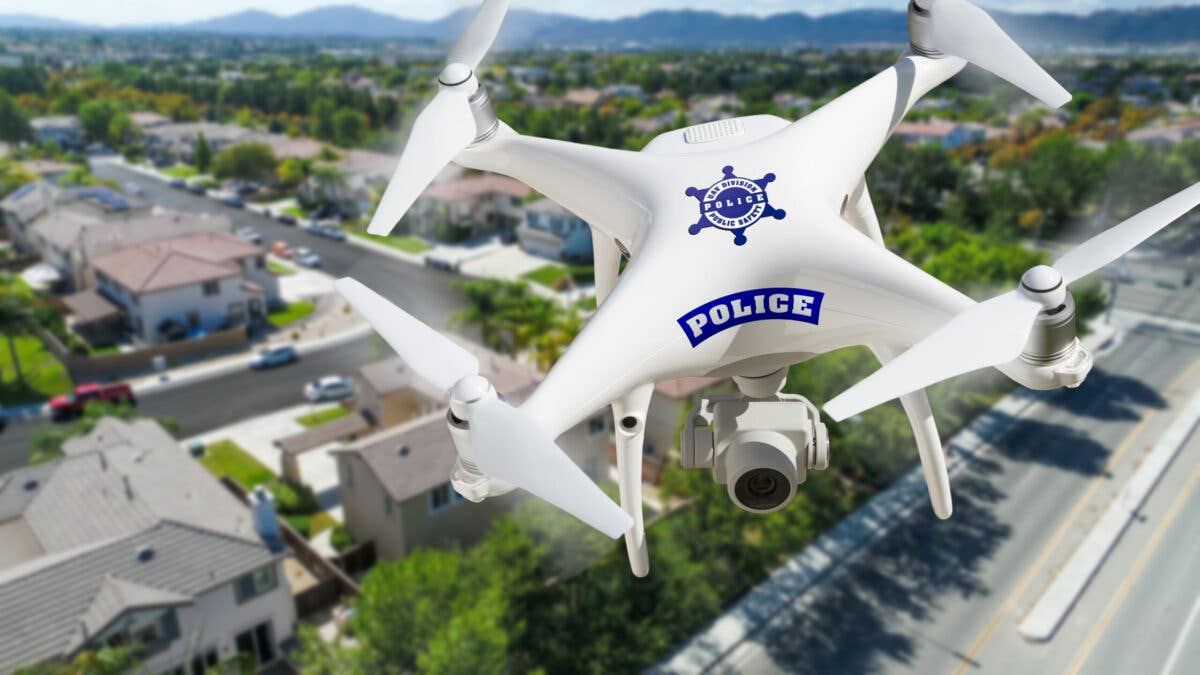
U.S. legislators at both the state and federal levels have made it clear they view DJI and other Chinese drone makers as threats to national security. [Credit: Shutterstock]
A new Florida rule has accusers of Chinese espionage rejoicing—and local government and law enforcement agencies fuming.
On Wednesday, Gov. Ron DeSantis and his administration pushed forward with the enforcement of an unmanned aircraft systems (UAS) Minimum Security Requirements rule under Section 934.50 of the state’s statutes.
The provision bans Chinese-made drones—including those from DJI, the largest drone maker in the world—from use by state government and law enforcement agencies. Those include local police and fire departments, many of which have grown accustomed to using the aircraft for tasks like inspections, search missions and surveillance.
Wednesday’s action stems mainly from DeSantis' and other lawmakers' fears of Chinese spying, paralleling efforts to restrict the influence of another Chinese firm, TikTok, in the U.S. It also follows a slew of federal restrictions impacting DJI drones.
“As a state, we’re a high-value target,” said Pedro Allende, secretary of Florida’s Department of Management Services, at a Senate Committee hearing last month. “Florida has troves of information that our adversaries want on both the civilian and military sides.”
When pressed by colleagues who opposed the new provision, Allende was unable to provide evidence of the drones’ ability to communicate with China, instead citing federal restrictions as a rationale for the move.
Wednesday’s rollout of the Minimum Security Requirements rule follows Gov. DeSantis’ December issuement of a list of approved drone manufacturers. The five firms include a pair of California-based companies—Skydio and Vantage Robotics—as well as Utah’s Teal Drones, France’s Parrot, and homegrown Altavian, based in Gainesville, Florida.
The governor’s announcement gave local agencies until January 1 to cease their use of drones from “foreign countries of concern,” including China. This week, it’s finally being enforced. But local government and law enforcement agencies are not happy.
A Florida lawmaker told The Tampa Bay Times that police and other agencies have spent hundreds of millions of dollars on DJI drones—which boast a market share north of 90 percent among U.S. public safety agencies—specifically.
Now, they’re dead weight. Police and sheriff's departments, fire departments, and other public safety agencies have grounded most or all of their DJI models. Law enforcement agencies also worry that the “approved” drone models won’t provide the same level of safety as DJI’s.
“You can’t measure what these drones have brought to officer safety,” Palm Beach County Sheriff’s Office Col. Robert Allen told lawmakers at last month’s hearing.
Florida’s ban on DJI models is only the latest in a string of U.S. restrictions facing the Chinese company.
The first blow came in 2019, when the National Defense Authorization Act for FY 2020 prohibited the use of UAS models and components sourced from China, effectively banning DJI drones from military use.
The following year, the Department of Commerce added the firm to its Entity List, cutting the cord between DJI and U.S. suppliers and technology.
“We will not allow advanced U.S. technology to help build the military of an increasingly belligerent adversary,” remarked Commerce Secretary Wilbur Ross on the decision to restrict exports to the firm.
Then, in January 2021, the Trump administration prohibited, via executive order, federal government procurement of “UAS that…are manufactured by, or contain software or critical electrical components from, foreign adversaries [including China].” The order was codified as the American Security Drone Act of 2021 later that month.
The Biden Administration has since picked up where Trump left off. The 2022 Countering CCP Drones Act called for the Federal Communications Commission to add DJI to its covered list, ensuring that FCC funds could not be used to procure the firm’s equipment or services.
Under Biden, DJI was also blacklisted by the Department of Defense for its ties to the Chinese military, a relationship the drone firm strongly denied.
Further restrictions could be on the horizon for DJI. Another bill, the American Security Drone Act of 2023, was proposed in February and is currently making its way through Congress, backed with bipartisan support.
Mississippi, meanwhile, could follow Florida and become the second state to enact a ban on foreign-made drones: Mississippi SB 2853 calls for the state to buy only from American-owned companies who manufacture their drones domestically. The bill currently awaits a signature from Gov. Tate Reeves.
U.S. legislators at both the state and federal levels have made it clear they view DJI and other Chinese drone makers as threats to national security. And with lawmakers on both sides of the aisle voicing support for restrictions and even outright bans on Chinese drone technology, don’t be surprised to see more legislation in the coming months.

Subscribe to Our Newsletter
Get the latest FLYING stories delivered directly to your inbox

